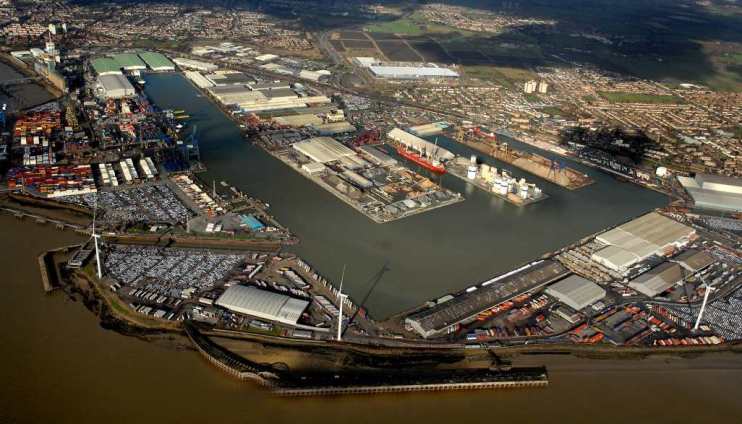Freeports face delay due to ‘lack of tax detail’, experts say

Tax experts have warned that the opening of England’s eight new freeports would likely be delayed because the government had yet to reveal details of the tax regime for the programme.
After the locations for the new free trade zones were announced during March’s Budget the Treasury said that the programme could be up and running by the end of the year.
But in an interview the Institute of Chartered Accountants in England and Wales (ICAEW) said there was “still a lot of uncertainty about how freeports will actually work”.
It added that businesses planning to set up shop in the economic zones, one of Chancellor Rishi Sunak’s flagship policies, needed to see the detail of plans in advance.
Richard Jones, business tax manager at the ICAEW, said: “Businesses looking to set up in freeports need to plan in advance.
“Even if they know what those reliefs are going to be, they need to factor in other commercial considerations such as the availability of a suitable local workforce or transport links, for example, before deciding whether to relocate to a freeport area.”
“From a customs perspective, there isn’t yet a good awareness of what you can or cannot do and there’s a severe lack of people with the necessary customs knowledge, so there’s an issue of skills and capabilities to implement freeports successfully”, head of tax Frank Haskew added.
“Given that the Government was originally looking to start seeing them up and running by the end of this year, it’s all looking a bit tight.”
Alongside the eight English freeports, the Treasury has said there will be one such site in each of Wales, Northern Ireland, and Scotland.
However, the locations of the ports has yet to be announced. Haskew said he did not expect to see the designations until “well into 2022”.
A HMRC spokesperson said: “We are working closely with a range of departments to deliver the Government’s ambitious plans for Freeports across the UK. The Government plans for the first Freeports to enter into operation by late 2021.
“We have regular engagement with the individual Freeports and guidance is already available on GOV.UK for businesses to explain how things like Stamp Duty Land Tax will work and how customs sites will operate. Further guidance for businesses will be published shortly.”
What are freeports?
Free ports are specially designated economic zones where normal tax and customs rules do not apply.
All forms of port are included under the status – ferry ports, airports, and rail ports.
Read more: What are free ports and what are the economic benefits?
In such ports, goods can be imported, manufactured, and exported again without facing standard tariffs or requiring normal customs checks.
Companies which operate within free ports do so with the benefit of paying a lower rate of VAT tax and employment tax, as well as relief when it comes to purchasing land.